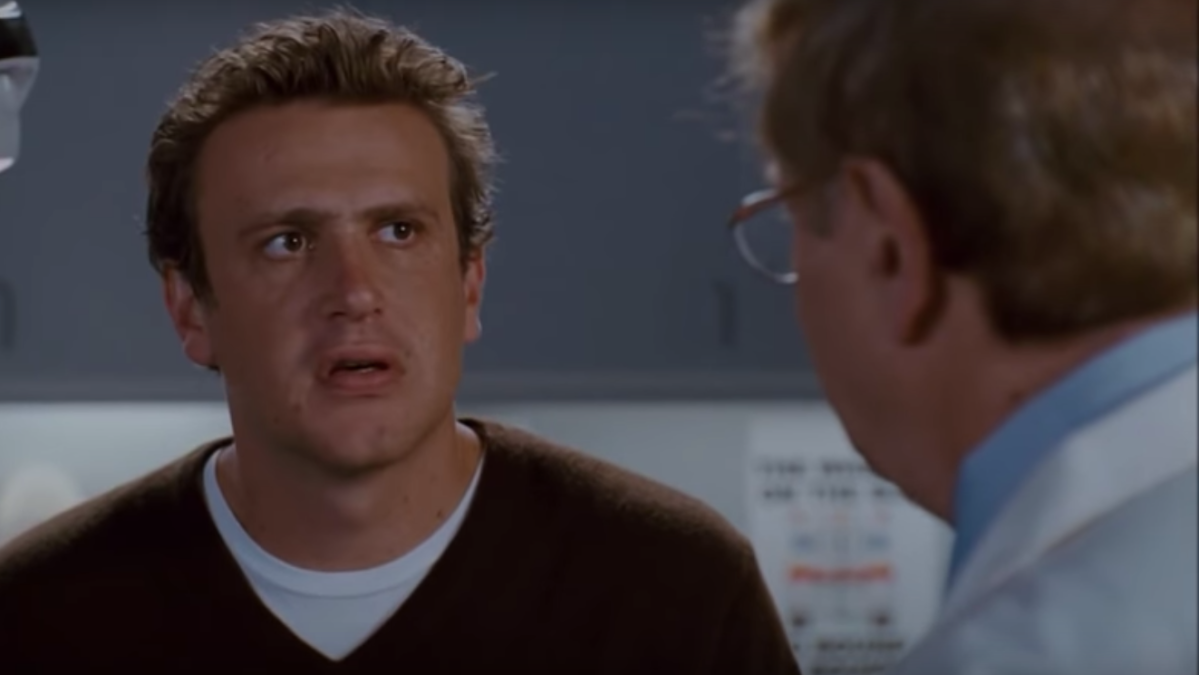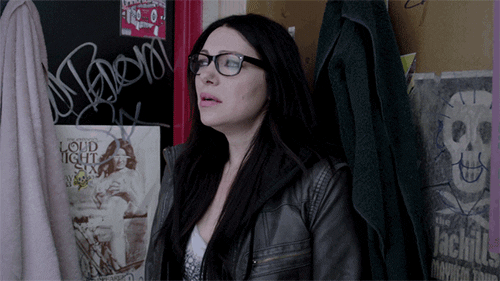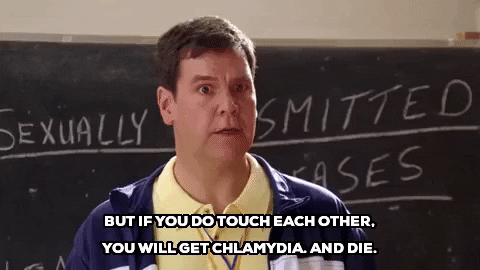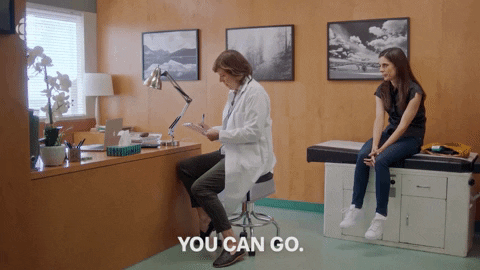
ATTENTION: if you’re sexually active, listen up. It’s time to talk honestly about sexually transmitted infections, and not in a way that makes you feel like you should be cowering shamefully in your knickers.
Recently it was STI Testing Week, and I’m willing to bet that not enough of you got checked. This is a normal, important health issue and I’ll be damned if I’m not gonna sit you down and talk candidly about it.
We all know the basics: most STIs come from having unprotected sex, if you’re diagnosed you’ve gotta let everyone you’ve slept with know, and koalas apparently have a lot of chlamydia. So what should you actually know about STIs?

look at this cheeky devil.
There are three types: bacterial, viral and parasites. Viral STIs like HIV and herpes simplex may not be curable but they definitely are treatable, while the most common bacterial sexually transmitted infections in Australia are chlamydia and gonorrhoea — both of which can be easily screened for, detected and treated. Parasite infections such as public lice and scabies are itchy and uncomfortable but treatable with creams and lotions.
STIs are tricky because they often don’t show any symptoms at all. You can have infections in your throat, urethra and cervix, but you may not show signs of it at all. General symptoms of STIs may include: abnormal vaginal, penile or anal discharge, pain during sex, pain or burning while urinating, sores, blisters, rashes, lumps or bumps in the genital area and more.
It’s super important to get checked regularly because if left untreated, infections can manifest into pelvic inflammatory disease for women, and swollen testicles for men.
In the longer term, they can lead to infertility in both men and women if you don’t sort it out. So if you ask me, getting checked is definitely worth the awkwardness if you plan on producing sprogs in the future.

yes pls.
One of my close friends, Chloe*, was diagnosed with an STI when she was 23, and described the experience as being initially horrifying but surprisingly simple.
She remembers: “I was diagnosed with gonorrhoea — so that meant a treatment of two antibiotic tablets and lovely big needle in the ass.”
“I had basically no symptoms, I just got checked regularly as I was casually sleeping with people at the time,” she said. “I was pretty devastated, the doctor was a bit awkward but luckily my best friend was with me. I bawled my eyes out, had the treatment and then used the anonymous website to alert past sexual partners.”

deep breaths.
And really, it’s resources like available screening, easy treatment and anonymous websites that make the whole experience so much simpler — not because it’s something to be embarrassed about, but because it can alleviate some of the awkwardness with telling people what had happened.
My mum is a health teacher so I’ve never felt like I couldn’t disclose anything to her if I was ever to be diagnosed. But I’m fully aware that it’s not always that easy — especially in families or friend circles that may be conservative or religious.
“Some friends I felt completely comfortable telling,” said Chloe. “Others who I felt were judgemental about sexual things I didn’t. I didn’t tell my family because I didn’t see the point really, though my mum and sister would have been supportive I’m sure.”

big hugs.
STI testing is available from general practice clinics, family planning clinics, community health centres, Aboriginal Community Controlled Health Organisations and sexual health clinics.
ANYONE who is sexually active should be getting screened before every new partner, at least once every 12 months, and definitely before you start trying to get pregnant. STIs can also spread through skin-to-skin contact and fluids (so just remember that next time you’re heading downtown).
This is all stuff that we should have firmly engrained in our brains if we’re going to be sexually active and having an STI is nothing to be ashamed of — it’s pretty normal. And the best part? As a result of it being normal, it also means that generally they’re pretty easy to get rid of.
Since both chlamydia and gonorrhoea are bacterial in nature, they can both be treated with antibiotics (and an intramuscular injection, for gonorrhoea). All you’ve gotta do is take your meds and wait a couple of weeks to be sexually active — simple as that!

false. absolutely false.
Since then, Chloe is more cautious when it comes to sex — but even more so in taking matters into her own hands, saying, “I’m definitely more diligent with using barrier methods of contraception now and much more sceptical about men telling me they’ve been tested.”
“I always asked prior to getting an STI but the person I got it off had told me he had been clear a week before we slept together and that was unfortunately not true.”
The issue here arises when you consider that the person in question has had two options here: either they knew they were infectious and maliciously chose not to disclose it, or perhaps they had no idea about whether or not they had an STI because they didn’t get regularly screened.

it’s not that hard.
So as Chloe clearly outlines, you need to take matters into your own hands.
“You’re responsible for your own sexual health. Don’t take other people’s word for their status if they’re a new sexual partner, always use condoms and have more conversations about it. The more normalised it becomes, the easier it will be to talk about with sexual partners.”
Honestly, I can’t stress enough how important and low-effort it is to get screened. It can save you a world of stress, will barely take time out of your day and can help stop the spread of STIs in Australia — and it’s totally okay if it turns out you have one, because there are systems in place designed to help and treat you.

in and out, quick as a flash.
“There is no shame. It’s just a consequence of sex sometimes – you can be as diligent as possible and still get one. Use contraception, get screened at least once a year and let partners know if you’re diagnosed to stop it spreading further. Just pretend it’s like a cold for your bits and move on with your day”.
Break the taboo and talk about it among your friends if you can.
Spread the word, not the infection.
*Name has been changed for anonymity.



